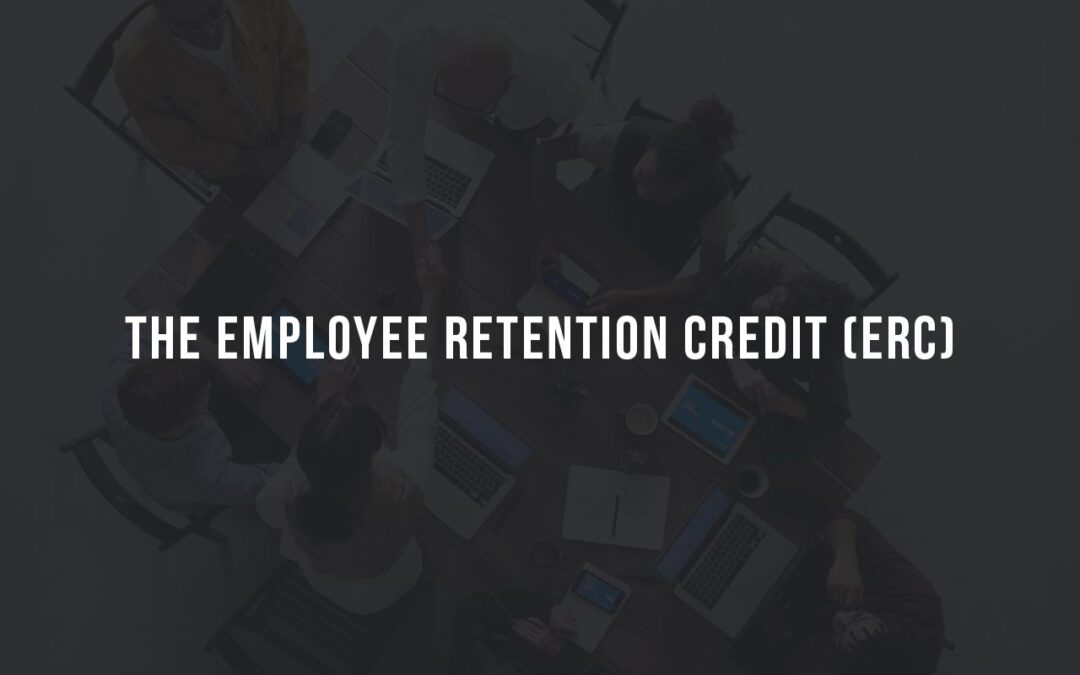CALL US
(980) 237-1714
Email us
justin@pruscpa.com
Friday 09:00 - 15:00
Mon - Thu 09:00-17:00
A guide to tax savings with S-corporations
Starting as an independent contractor…
Do you control your own work schedule and bring your own tools/equipment to the job?
If so, then you are likely an independent contractor (IC) and NOT an employee.
There are a lot of benefits to being an IC*, but one big drawback, taxes. Mainly, self employment taxes.

As an IC*, how does this affect me?
If you are an independent contractor, you are self-employed – AKA – a Schedule C
Your earnings are totaled with a Form 1099 annually by businesses that pay you for services.
Self-employment tax is Social Security and Medicare tax (FICA taxes) and about 15%.
This tax is typically paid with your tax return and often quite a shock for most people.
There are alternatives to this process that can save you money (via lower taxes!) while retaining your independence. The best way (our opinion) to do this is with an S-corporation.
What is an S-Corporation?
An S-Corporation is a type of company that has special tax benefits. The main function of an S-corporation is to avoid double taxes, the company does NOT pay taxes, the owners DO. An S-corporation is a federal tax election and can be formed from a regular company (a C-corp) OR an LLC.
This is the only election that you will participate in where everyone wins!
What do I need to qualify for an S-Corporation?
Be organized as a US company, either an LLC or C-corporation
Technical and other (likely not applicable) items below
- Have less than 100 shareholders
- Have only one class of stock
- Have allowable shareholders, individuals, trusts, and estates. S-corps cannot have “fancy” shareholders, such as partnerships, corporations, or non-domestic shareholders.
How can I become an S-Corporation?
Step one is forming a company in your state (NC SOS). This is easier than you think and costs about $250 if you DIY. Or, there are some companies online that can help you for an additional fee.
Step two: Obtain a Employer Identification Number (EIN) online through IRS.gov, which will register your new company with the IRS.
Step three: Open a bank account (using your EIN) and incorporation documents and start the business!
Step four: File your S-Election with the IRS (best to contact a tax advisor, hey that’s US!).
Also see our blog for a more technical guide: How do I become an S-Corporation?
What are the direct benefits of an S-Corp?
Taking profits (distributions) out of an S-corp is easy! For most other types of companies it is difficult and expensive.
S-corps provide a layer of protection that keeps the business separate from the owners, in many cases (like an LLC).
Distributions are not subject to self employment taxes, which saves 15% (just like that insurance company).
What are the indirect benefits of an S-Corp?
Distributions, distributions, distributions!
The opportunity to pay yourself W-2 wages. (Yes, you can pay yourself as an employee!?!?)
S-corp’s do not receive 1099 forms, which saves time and eliminates paperwork.
Be your own boss, without the self-employment taxes.
Why would I need want a W-2?
One of the biggest benefits of forming your own company and paying yourself (W-2) wages is that a lender (think mortgage) is more likely to swipe right on your loan application.
Lender’s feel strongly about W-2s, as they are often the primary source of income for most applicants. If you are the business owner and have a W-2 from the business, it greatly assists lenders with verifying your income and therefore their ability to lend you money. Buy that house, car, or (boat!) with that W-2 and your S-corporation.
What would change for me?
You are still the boss (and shareholder), but now you have some more responsibilities at tax time.
You need to file an additional tax return and you will likely have to pay payroll taxes for the W-2.
The cost to prepare your taxes will go up, but the taxes due will go down more!
When should I become an S-Corporation?
As soon as possible. NOW. YESTERDAY. TODAY. whenever…
The process can take around a week if you are fully engaged in the process. It can take the IRS a little bit to respond, so the sooner the process is started the better.
We recommend expediting the process of forming your company with the Secretary of State. If not, it can take up to a month to hear back from the state.
Please contact GP CPA with any questions on becoming an S-Corporation.
Related Articles

GP CPA was featured on WCNC Charlotte about “Are Unemployment Benefits Taxable?”
We are glad to inform you that Justin Prusiensky, Chief Executive Officer of the GP CPA P.C. was featured on WCNC Charlotte coverage about “Are Unemployment Benefits Taxable”.

The Employee Retention Credit (ERC)
The Employee Retention Credit (“ERC”) has had some upgrades and retrofits to some of the basic calculations with the most recent (12.27.20) CARES Act changes.

Good Riddance, 2020
What is new in 2021? Meals in 2021 are once again 100% deductible, the next round of PPP funding is coming and the Employee Retention Credit (ERC) has been changed.
How to Persuade Clients to Change Banks. Listen to Justin Prusiensky’s Guest Appearance on the Relay Financial Webinar
Our expert accountant Justin Prusiensky was recently interviewed as a guest speaker by Relay Financial to discuss how to persuade clients to change banks.
What Tax Breaks Changed From 2018?
Congress extended some of the tax breaks retroactively to January 1, 2018. They now expire on December 31, 2020. Learn more about tax breaks that have been extended.
Tax Planning with GP CPA
GP CPA offers a wide range of business advisory services that are tailored to the needs of business owners. For those small businesses who need someone to keep the books, we can do that.
Your Business Payroll in 2020
Take control back from the big box payroll companies and work with someone who can guide you to a better payroll process. GP CPA + GUSTO is the modern way payroll runs and the partnership that moves your business forward.
Moving at the speed of business
GP CPA has relied on cloud-based accounting technology for many years now and devotes a significant amount of time toward testing and learning the latest and greatest systems out there.
Dear Client, I have good news!
Since we now have less than 90 days left in the year, kindly keep me apprised of when you expect the major revenue collections to be during the next few weeks and we can adjust accordingly.
Comments


0 Comments